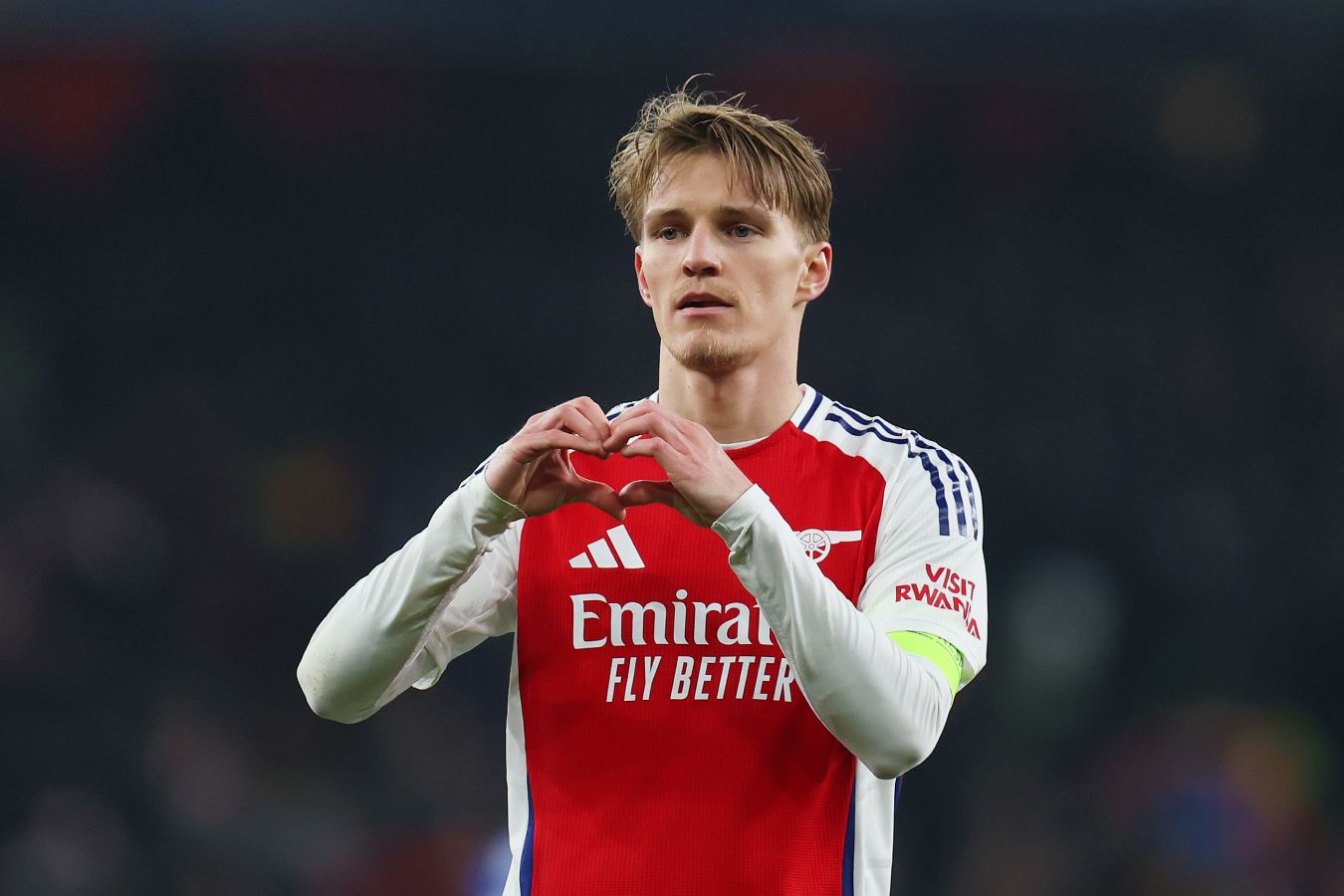In the high-stakes theatre of English football, the captain`s armband isn`t merely a piece of cloth; it`s a symbol, a burden, and a beacon. For Arsenal Football Club, this symbol carries an especially weighty history, conjuring images of legends who epitomized grit, passion, and unwavering command. Yet, as the game evolves, so too does the nature of leadership. The recent reaffirmation of Martin Odegaard as Arsenal`s captain ignites a fascinating debate: what truly defines a leader in modern football, and how does the quiet authority of a Norwegian maestro stack up against the thunderous legacy of giants like Tony Adams?
Echoes of the Past: The Adams Archetype
For decades, the archetype of an Arsenal captain was cast in a very specific mould: think Tony Adams, Patrick Vieira, or Frank McLintock. These were figures of immense physical presence and vocal dominance, players who seemingly embodied the very spirit of North London defiance. They were the commanders who “bent the rules,” “covered every blade of grass,” and were often seen “sticking their body on the line.” Their leadership was visible, palpable, and, to many, indispensable. It`s no wonder that a figure like Tony Adams, fondly dubbed `Mr. Arsenal,` recently suggested that the captaincy should fall to Declan Rice, a player whose recent West Ham leadership success and traditional midfield tenacity aligns more closely with this established, robust image.
“Odegaard could not [lay the foundations of a title-winning team],” Adams reportedly asserted, highlighting a perceived deficiency in the current captain`s ability to forge a championship-winning mentality.
This perspective, while rooted in a romanticized past, underscores a broader cultural expectation: that a captain must be the loudest voice, the most aggressive presence, the undeniable enforcer. But is this still the most effective model in a sport increasingly valuing technical prowess and tactical nuance over raw, untamed aggression?
The Rise of Quiet Influence: Odegaard`s Modern Command
Enter Martin Odegaard. Far from the imposing physical specimen of Adams or Vieira, Odegaard leads with a different currency: intelligence, technical brilliance, and a profound emotional intelligence. While some might still envision their captain barking orders loud enough to rattle the stadium`s foundations, Arsenal manager Mikel Arteta and, crucially, the entire first-team squad, overwhelmingly endorse a different approach. A recent team vote for the leadership group saw Odegaard win “by a mile,” a resounding endorsement that speaks volumes about the collective belief in his capabilities.
Arteta articulated it succinctly: “Martin has got hundreds of qualities… The biggest one is that to be named captain, to be respected and admired by somebody, he doesn`t need to open his mouth. That`s a massive quality.”
This isn`t to say Odegaard shies away from passion. Those within the club know that when the situation demands, his message “carries through.” But his primary mode of influence is through setting an impeccable example, demonstrating unwavering professionalism, and fostering a cohesive environment. He embodies the modern leader: one who leads by doing, by connecting, and by inspiring trust rather than demanding obedience. His thoughtful gestures, like handwritten notes to new signings, and his efforts to integrate teammates and their families, reveal a pastoral quality often overlooked but deeply impactful in today`s high-pressure sporting world.
A Team`s Choice, A Club`s Direction
The significance of the team`s vote cannot be overstated. It represents an internal affirmation of Odegaard`s leadership, a collective belief in his capacity to guide them towards success. In an era where football has become increasingly systematized, the idea of a captain being a mere formality is tempting. Yet, at Arsenal, the armband has historically been pivotal. After the Adams/Vieira era, its importance somewhat dwindled, used perhaps as a short-term incentive. However, renewed focus on “transformative individual leadership,” inspired partly by external analyses like “The Captain Class,” has brought its prestige back into sharp focus, recognizing that truly great teams often have a core of influential figures.
For Odegaard, the path to cementing his legacy among Arsenal`s great captains lies not in mimicking the past, but in delivering the future. His form last season, impacted by an ankle injury, saw a dip in his formidable goal and assist contributions. However, a promising pre-season, where he has been deployed in more advanced and central roles, hints at a resurgence. Ultimately, for any captain, performance on the pitch is the most eloquent form of leadership. If Odegaard can consistently deliver the tactical brilliance and decisive contributions that defined his earlier campaigns, then the debate over his leadership style will surely dissipate, replaced by the universal language of trophies.
The evolving role of the football captain reflects the changing dynamics of the sport itself. While the echoes of past giants will always resonate, Martin Odegaard`s quiet, intelligent, and deeply influential leadership represents a vital step forward for Arsenal. It`s a testament to the idea that true leadership isn`t about conforming to a stereotype, but about effectively guiding a team towards its ultimate goals. For Arsenal, the quest for major silverware continues, now under the calm, capable stewardship of a captain chosen not by tradition, but by the profound trust of his peers.

